The ongoing trade war between the United States and China has taken another tense turn, with Beijing firmly denying President Donald Trump’s claim that he and Chinese President Xi Jinping recently spoke about a potential tariff agreement. The dispute highlights the widening communication gap between the two economic superpowers and signals that a resolution to their deepening trade conflict remains far off.
Speaking to reporters in Ceiling on April 28, China’s Foreign Ministry spokesperson Guo Jiakun categorically denied that any discussions were taking place regarding tariffs. “As far as I know, there have not been any calls between the two presidents recently,” Guo stated. “I would like to reiterate that China and the US have not conducted consultations or negotiations on the tariffs issue.”
Guo’s comments were a direct response to statements made by President Trump during an interview with Time magazine, published on April 25. In the interview, Trump claimed that Chinese President Xi had recently called him, suggesting that talks were underway. “He’s called. And I don’t think that’s a sign of weakness on his behalf,” Trump said. However, he failed to specify the timing or content of the alleged conversation.
Beijing, meanwhile, has repeatedly rejected Trump’s assertions, accusing Washington of “misleading the public.” The Chinese government has made it clear that no such call took place and that no negotiations are ongoing. The sharp rebuttal from Beijing underscores the mistrust and strategic rivalry that now defines US-China relations.
Adding to the tension, the Trump administration earlier this month imposed sweeping new tariffs on Chinese imports, including a staggering 145% levy. Trump announced the move on what he termed “Liberation Day,” as part of a broader global campaign targeting perceived unfair trade practices by more than 90 countries. While many nations received a 90-day delay on the harsher tariffs – with only a baseline 10% tariff taking immediate effect – China was pointedly excluded from any reprieve.
In retaliation, China slapped its own tariffs of 125% on a wide range of American goods and introduced restrictions on key US exports. Beijing’s response was swift and calculated, aiming to protect its own economic interests while signaling that it would not be bullied into concessions.
The escalation has had immediate consequences beyond bilateral ties. Global markets have responded with volatility, as investors grapple with the uncertainty surrounding the world’s two largest economies. On April 29, the International Monetary Fund (IMF) downgraded its global growth forecast, citing trade tensions as a significant risk to economic stability.
In its latest World Economic Outlook, the IMF revised global GDP growth downward to 2.8% for this year, down from 3.3% in 2024. The US economy, in particular, is projected to slow to 1.8% growth in 2025, a steep decline from 2.8% the previous year. China’s economy is also expected to feel the strain, with growth forecasted to slow to 4%, reflecting the significant impact of Washington’s tariffs.
The mutual escalation in tariffs marks a hardening of positions. China has insisted that any resolution must involve the complete removal of what it calls “unilateral” and “illegal” US tariffs. Meanwhile, Trump appears intent on maintaining economic pressure, arguing that tariffs are necessary to correct longstanding trade imbalances and protect American industries.
Behind the scenes, experts suggest that both countries are preparing for a prolonged standoff. With Trump entering a critical phase of his reelection campaign, he is eager to portray himself as tough on China – a message that resonates with key parts of his political base. Conversely, President Xi faces internal pressures to avoid appearing weak in the face of foreign demands, particularly amid growing nationalist sentiment within China.
The communication breakdown is further complicated by the shifting tone from Washington. While Trump claims negotiations are ongoing, other US officials have signaled a willingness to consider lowering some tariffs – but only if substantial concessions are made by Beijing. Without clear lines of communication, however, it remains unclear whether even preliminary talks can resume.
Some analysts warn that continued miscommunication could worsen the situation. “This kind of strategic ambiguity – where one side claims talks are happening and the other side denies it – is extremely dangerous,” said Dr. Ellen Wright, a senior fellow at the Center for Strategic and International Studies. “It not only erodes trust but also makes it harder to deescalate when both sides perceive the other as acting in bad faith.”
The stakes are high. Beyond immediate economic impacts, the trajectory of US-China relations could reshape the global order. The two nations are deeply intertwined through supply chains, technology, and finance. A protracted trade war could accelerate a decoupling of their economies, with ripple effects felt around the world.
For now, however, the situation appears to be locked in a cycle of escalation and mutual recrimination. Trump’s claims of a presidential call – denied outright by Beijing – illustrate just how deep the rift has become. Without renewed diplomacy and a genuine willingness to compromise, the trade war looks set to continue wreaking havoc on both countries’ economies and the global marketplace.
As the world watches nervously, it becomes increasingly clear that finding a pathway to resolution will require more than rhetoric and bluster. It will demand a level of statesmanship and strategic foresight that, so far, neither side has demonstrated.
Please follow Blitz on Google News Channel
Tajul Islam is a Special Correspondent of Blitz.
us-china-trade-war-deepens-as-beijing-denies-trumps-xi-call-claim

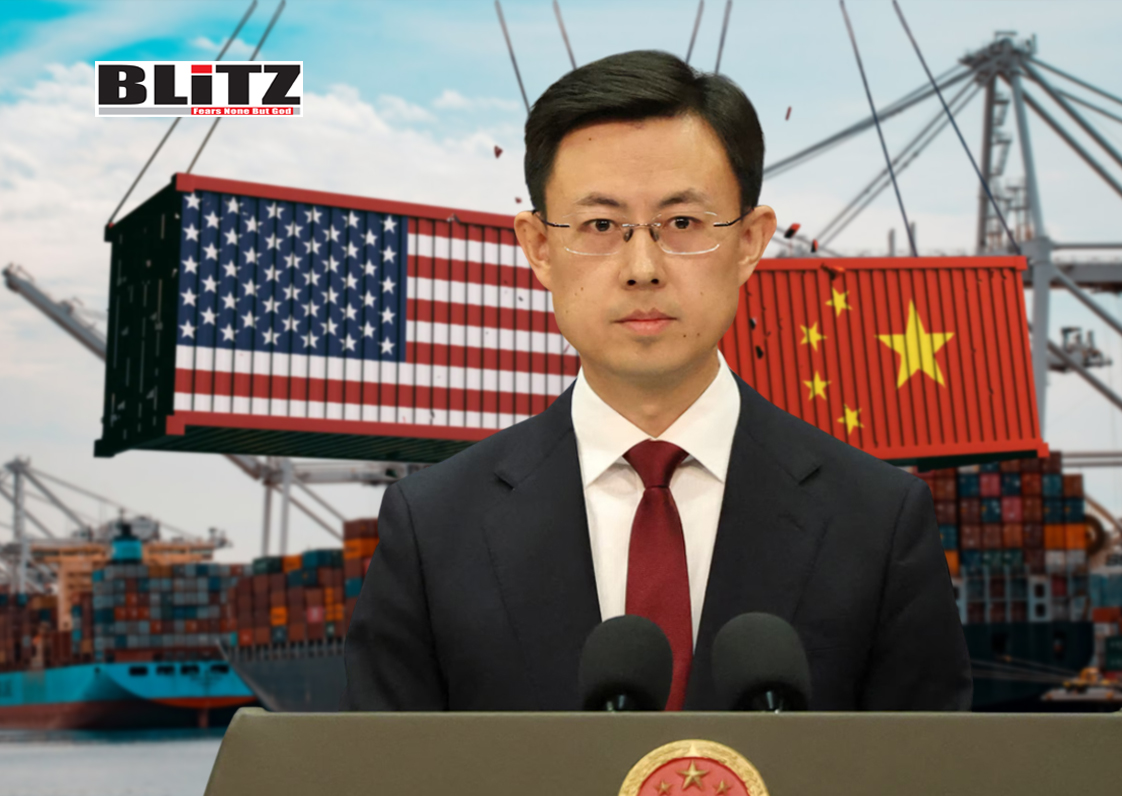
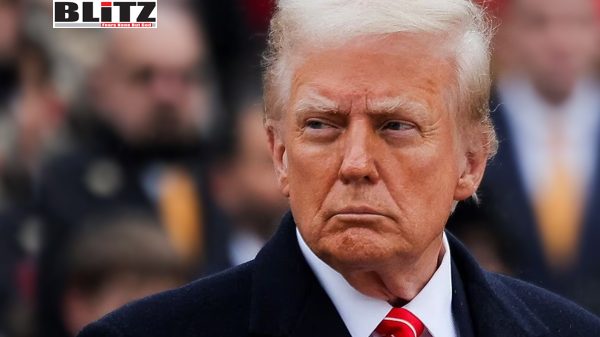



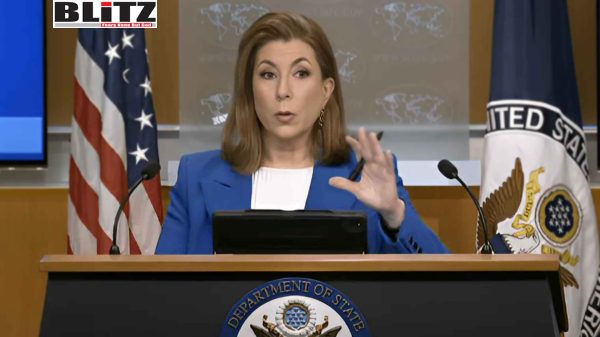
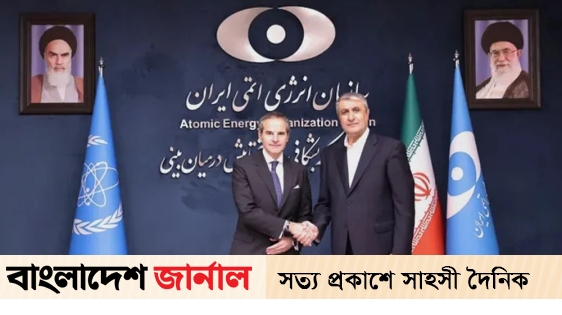




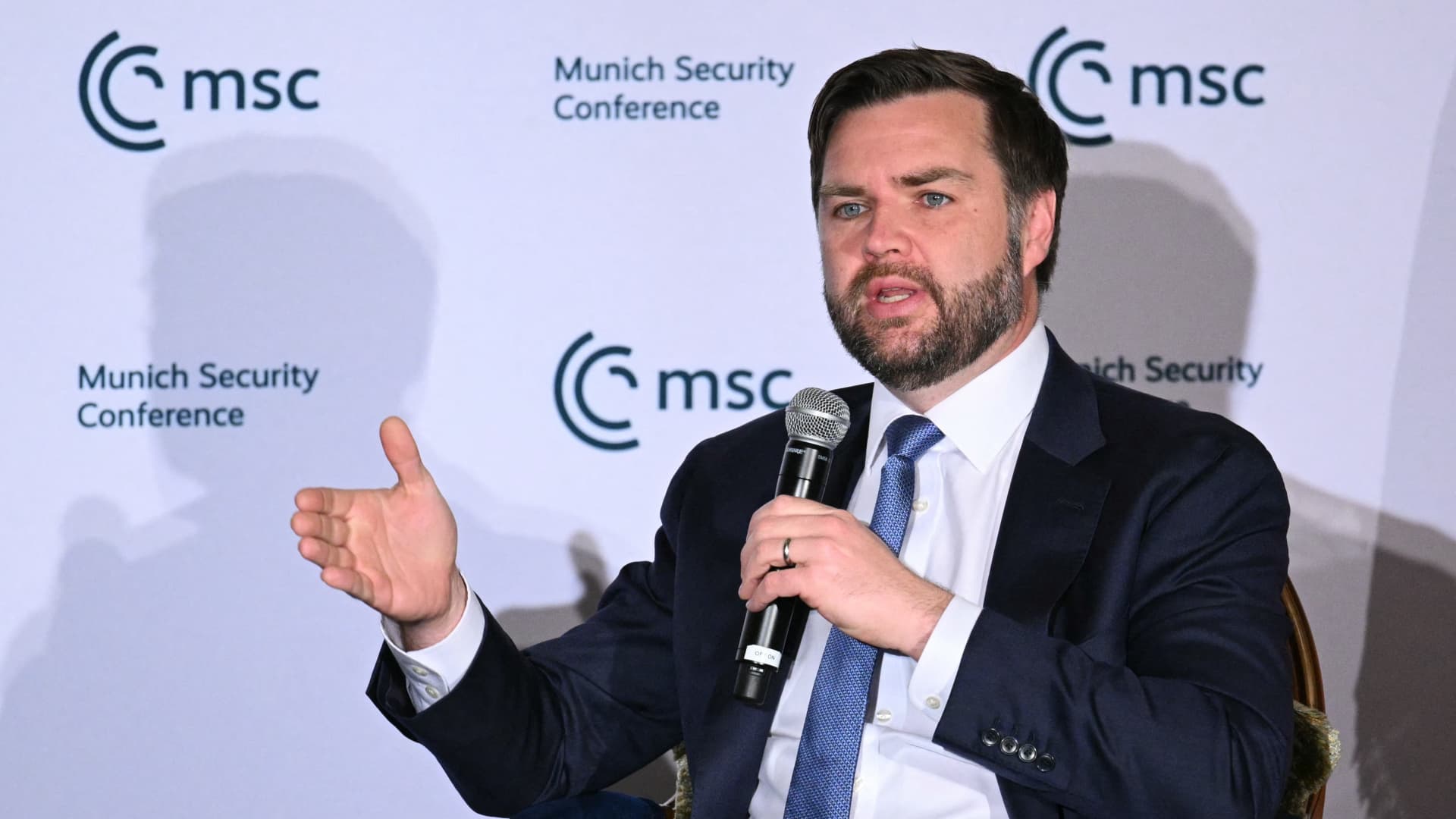

Leave a Reply